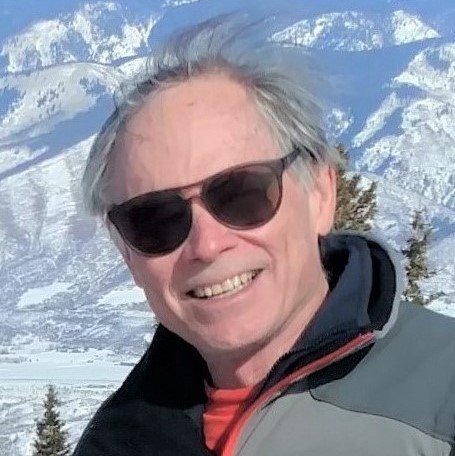
Mike Osborn, Professor Emeritus of the History of Science, Oregon State University
About the Author
Michael A. Osborne is Professor Emeritus of the History of Science at Oregon State University and Research Professor of Environmental Studies and History at the University of California, Santa Barbara. He has published widely on the history of science, imperialism, and health in Europe and its Empires.
Corvallis, 27 September 2020
The Division of History of Science and Technology (DHST) is one of two divisions in the
International Union of History and Philosophy of Science and Technology. DHST maintains an expansive and interdisciplinary brief within the humanities and the humanistic social sciences.
Its role is to stimulate, support, and make public innovative historical and humanistic social scientific research on science, technology, and medicine. DHST membership includes national
disciplinary societies and academies of science, as well as international organizations.
Science, no less than poetry or art, is an intensely human activity. Like poetry and art it is also subject to praise and abuse. As we see from the highly divergent responses to the COVID-19 pandemic, contemporary leaders employ science and scientific methodology in many
ways. In the USA and Brazil, for example, epidemiological knowledge and scientific reasoning are being challenged by leaders who intentionally mislead their constituents and adopt an anti-
scientific stance in the hope of re-election and of furthering rightest social agendas.
In this context, the creation of an informed citizenry able to evaluate and act upon the claims of scientific knowledge and to understand to some degree the place of science in society is needed. DHST addresses this social need of the wider public through various avenues. For example,
DHST members work on the curation, interpretation, and display of scientific instruments, often at science museums. One of our many commissions has as its mission the archiving, conservation, and bibliography of scientific records. And without the preservation of these
artifacts it is impossible to discern the long-standing role of science in human culture. Another of our commissions focuses on studies on women and gender in science, technology and medicine, which addresses issues relevant to these professions, and, beyond, to all citizens.
The emergence of the term STEM (Science, Technology, Engineering, Mathematics) can obscure the important social valences of these activities, and DHST members are addressing this through university-level pedagogy. At science-centric universities in North America, for example, engineering and science students may be required to take only one humanities course in a four-year curriculum. This means that often history of science or history of medicine constitute the one elective class students can take, and are the sole opportunity to investigate the history of their discipline or the achievements of Newton, Darwin, or Pasteur. Students in these classes who think they understand the classic scientific method are often astounded to find that these three used different methods and those are different from what they have learned in their science classes. Similar stories could be told from pre-medical students and it may well be that the history of medicine sharpens the diagnostic skills of these future physicians.
Science has held different roles in society, and DHST strives to render those roles explicit and show how science, technology, and medicine inflect contemporary issues. The organization harbors and supports over 20 different dedicated research clusters or commissions each charged with making public their findings. Their activities are diverse but of supreme contemporary import as our commissions are working on topics such as science and diplomacy, science and literature, meteorology, chemistry, and science and technology in Islamic societies. A more complete list of DHST activities and interests may be found at:
http://dhstweb.org/structure/historical-commissions
http://dhstweb.org/structure/inter-union-commissions
http://dhstweb.org/structure/inter-division-commissions
http://dhstweb.org/structure/scientific-sections
DHST takes great pleasure in joining CIPSH in supporting the humanities and in integrating them across disciplines and promoting the value of humanistic knowledge.
Michael A. Osborne, President, DHST
cc: DHST Secretary General, Catherine Jami

